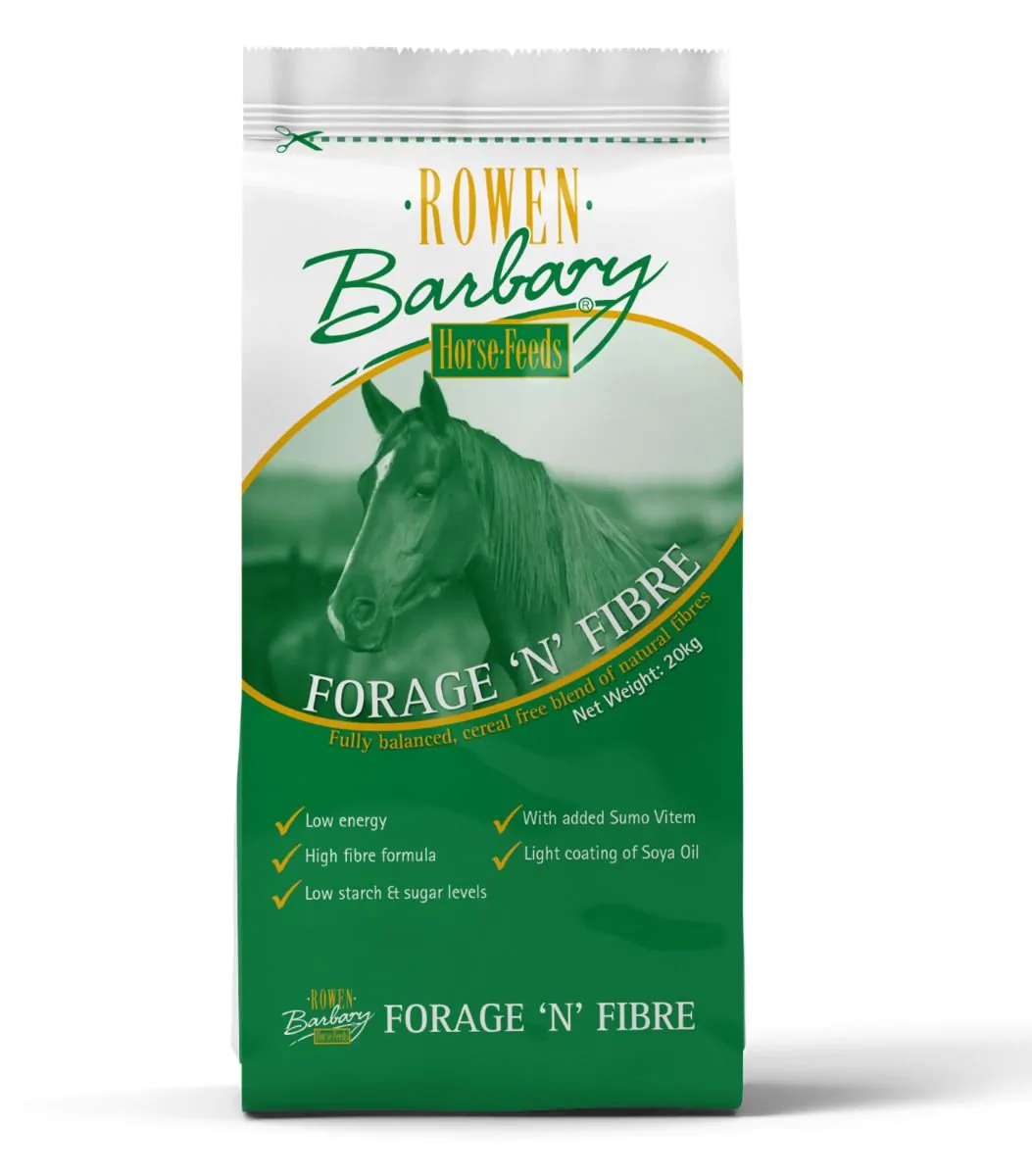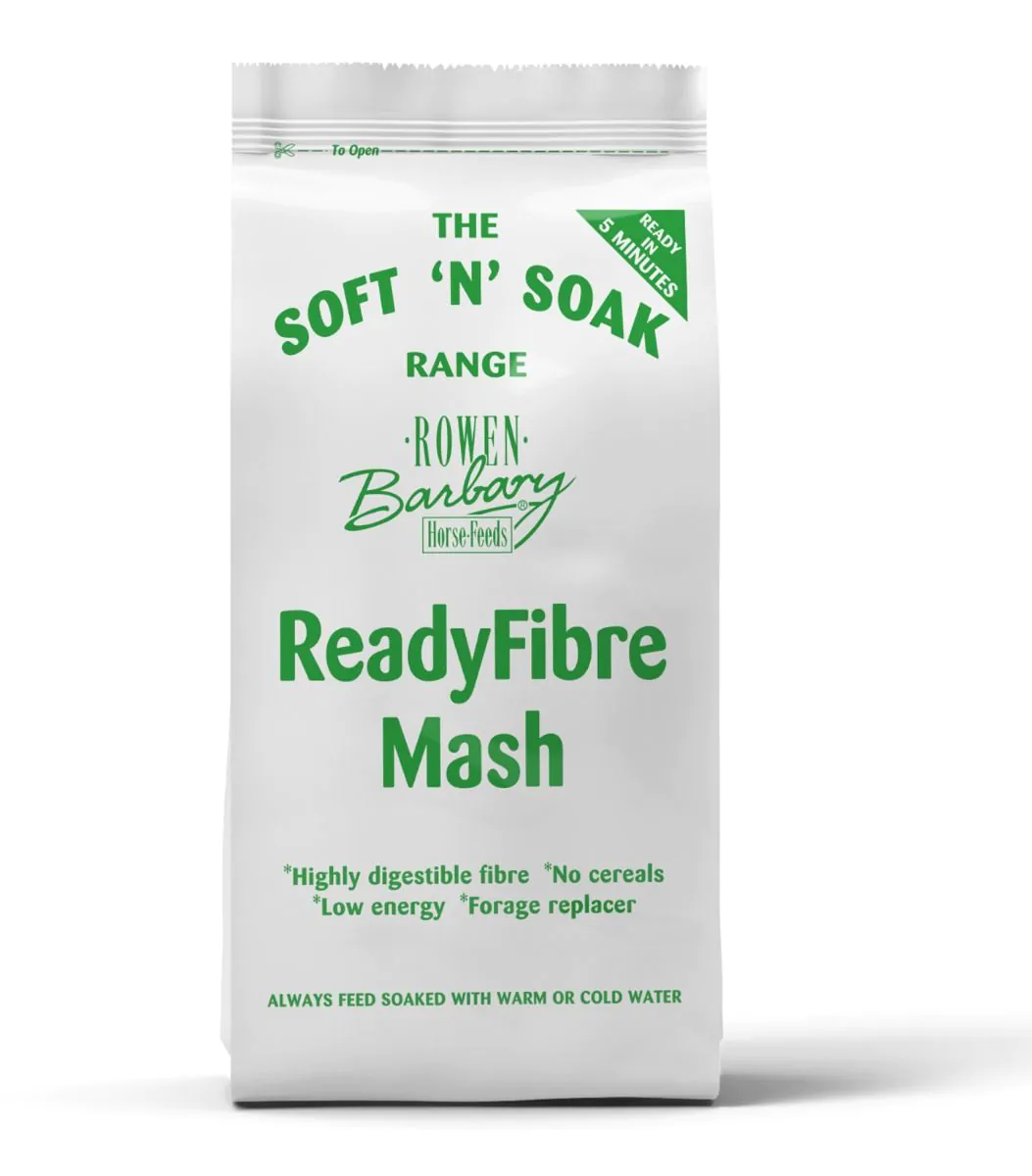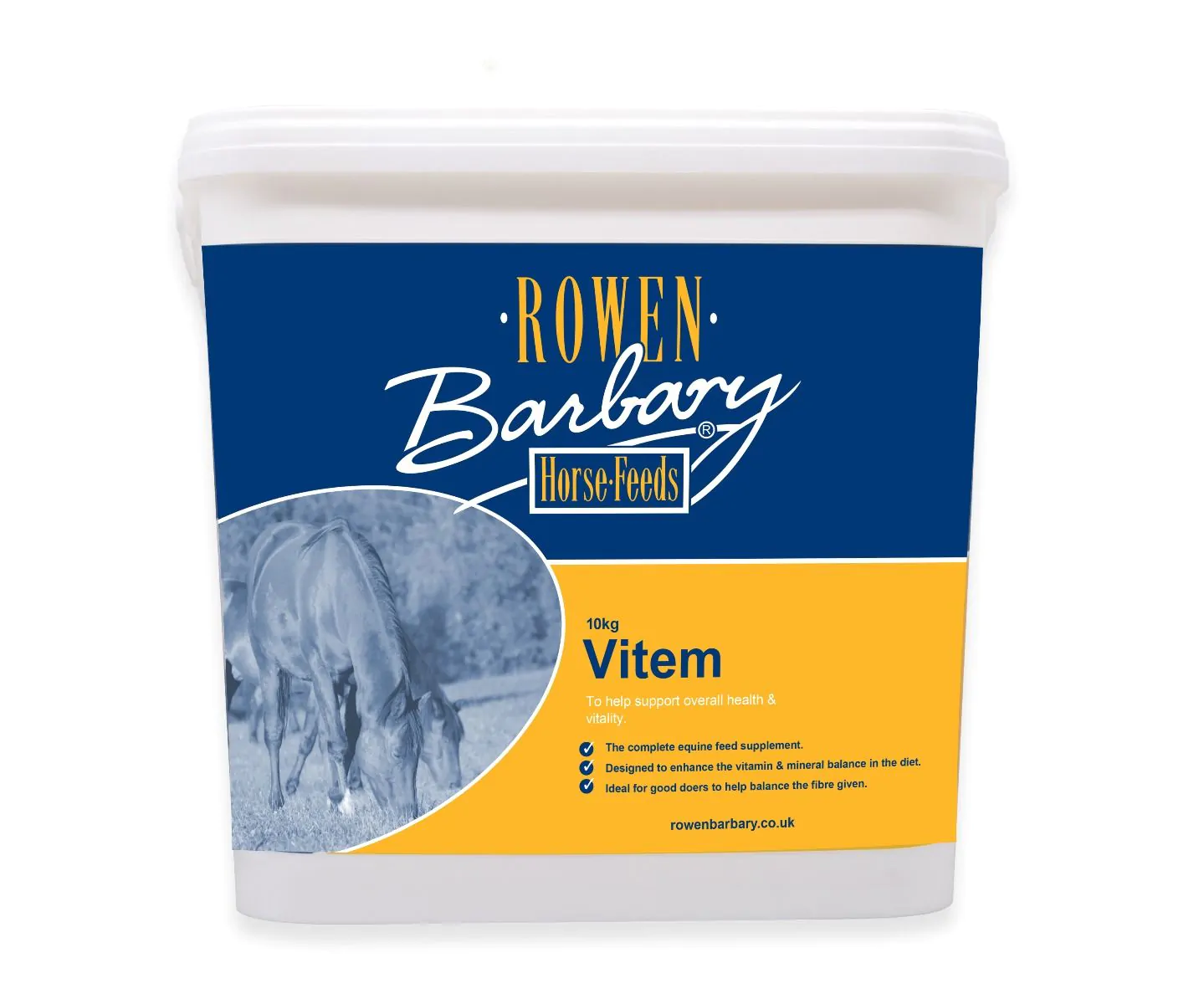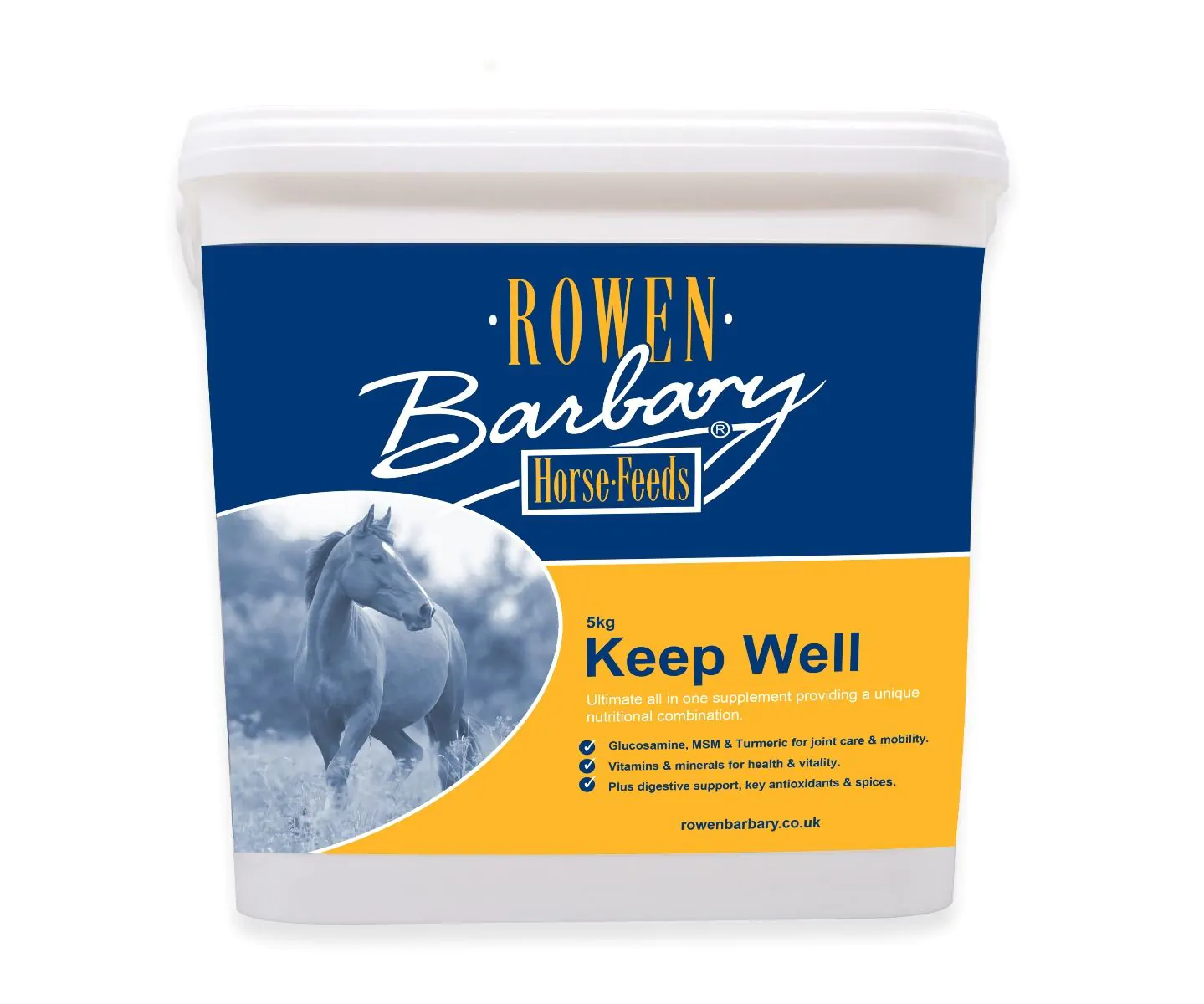- 28th April 2022 by Rowen Barbary
EMS - Insulin Resistance
Equine metabolic syndrome (EMS) is the term used to describe a group of clinical conditions essentially caused by insulin resistance. EMS is similar to human metabolic syndrome or Type 2 diabetes. Horses with EMS are especially prone to laminitis. Some horses can be more genetically disposed to EMS as their breeds are described as good doers. EMS can be induced by dietary and management factors.
Risks and Causes of EMS
Insulin resistance in EMS horses causes the abnormally high blood insulin levels. When a horse eats non-structural carbohydrates (NSC), which include the sugar and starch content in horse feeds, blood glucose and insulin levels increase. These high levels of insulin can trigger laminitis.
Most horses with EMS are overweight and described as easy keepers, that gain or maintain weight with very little feed. Typical signs include abnormal fat deposits, a cresty neck and fat pads around the shoulder, sheath, or udder. Horses with weight problems are more susceptible to insulin resistance. It is important not to rule out horses that maintain a health body condition score for EMS, if unsure consult your veterinarian.
Dietary Requirements
A diet that contains a NSC content of less than 12%, preferably less than 10% on average per feed is recommended to control the blood insulin levels and help prevent the risk of laminitis developing. A high fibre diet should be fed choosing stalkier hay that offers a lower nutritional value and it is a good idea to consider soaking it before feeding as it has been found that soaking hay for up to an hour can reduce up to 56% of its water-soluble carbohydrates.
Rowen Barbary’s forage ‘n’ fibre is a fully balanced, suitable feed for horses and ponies requiring a high fibre (24%), low calorie feed. Forage ‘n’ fibre is very low in starch (4.5%) and sugar (5.5%). Or alternatively, if your horse or pony preferred a soft textured mash the Rowen Barbary’s Ready Fibre mash is an excellent high fibre (32.5%) low calorie mash. The Ready Fibre mash is highly palatable and only takes 5 minutes to soak. It is suitable for good doers, those prone to laminitis. Rowen Barbary’s Ready Fibre mash requires a balancer to be fed alongside it to ensure your horse or pony is receiving all the essential vitamins, minerals and trace elements. A change in dietary management and exercise should be gradual. This will help to improve the body’s response to insulin, building muscle and losing weight. Once the muscle tone starts to improve it helps to reverse the insulin resistance as muscle tissue has more insulin receptors.
Grazing
Spring and autumn cause a significant problem for EMS horses when we see a flush of grass growth, but it is also recommend to avoid turning out on frosty grass in winter when fructan concentration is high. If a lot of grass is available strip grazing will help limit the horses total grass intake as will periods of turnout in a grazing muzzle. For some horses it may be necessary to limit turn out time and this should be done when the fructan content of the grass is at its lowest to help to encourage weight loss.
Many horses with EMS are managed with very little to no grazing however depending on each individuals temperament can lead to an increased level of stress and therefore an all weather turn out area with soaked haynets could be an alternative.
To ensure your horse is receiving a low calorie, balanced diet you could incorporate a vitamin and mineral balancer such as Rowen Barbary’s Vitem, (for fussy feeders) or alternatively for senior horses or ponies with EMS requiring additional support Rowen Barbary’s Keep Well, on a high fibre low calorie feed such as Ready Fibre mash.

All manufacturing at Rowen Barbary is carried out in a state of the art mill located in the heart of the Shropshire countryside. We use only the highest quality ingredients sourced, where possible, from local farms before they are blended by our dedicated team in our UFAS audited mill.
Rowen Barbary also conforms to BETA NOPS guidelines with raw materials & finished feeds regularly laboratory tested to ensure that every bag of feed continues to meet not only ours, but also your high standards.





